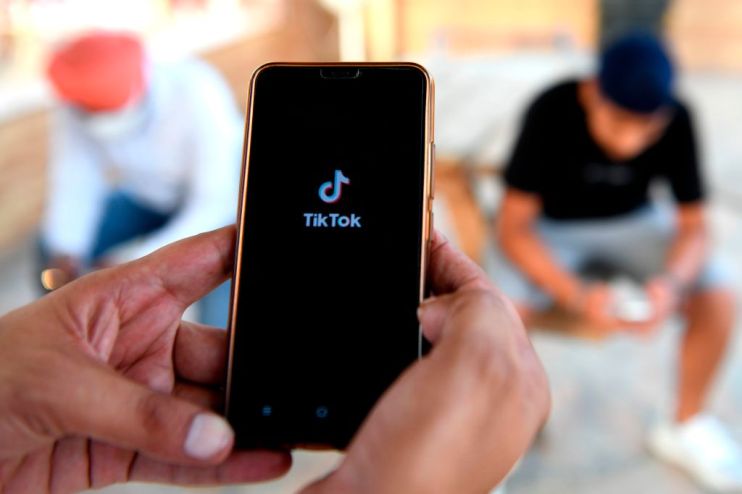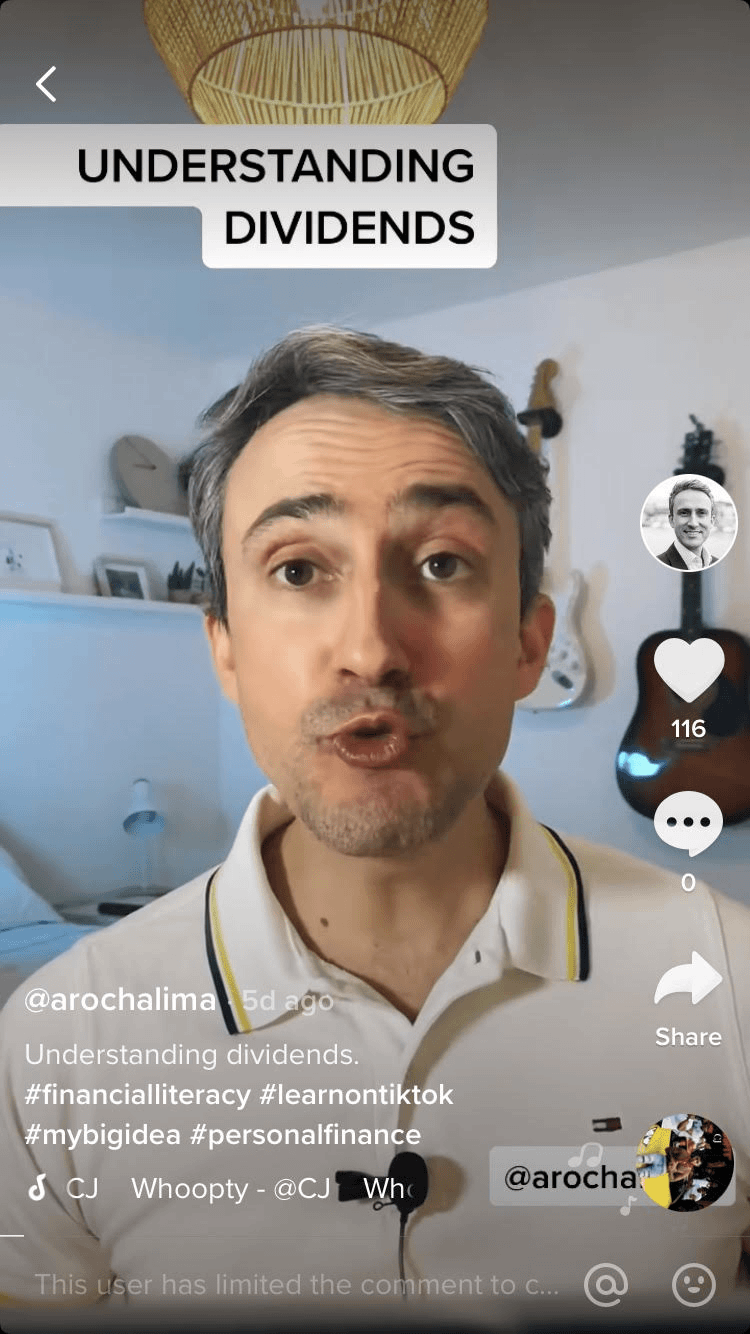The rise of TikTok ‘finfluencers’ offers lessons for the investment industry

If anything can be learned from the unfolding Reddit frenzy it’s the power of retail investors on social media.
The intersection of social media and finance has existed for years but as with every platform it didn’t take long for the rise of so-called “finfluencers”.
No longer just a platform for teenage dance challenges, TikTok is becoming the number one spot for financial advice. TikTok videos tagged Stocktok and Moneytok have racked up 527m and 5.1bn views respectively.
If the investment industry neglects this growing audience it will be left fighting a losing battle against the spread of financial misinformation.
Balancing entertainment and education
Matthew Morgan, a UK influencer who helps brands get on TikTok, tells City A.M.: “There is a lot of surface-level stuff, but if you can introduce somebody to that world then it can get them down a rabbit hole of learning how to improve their credit score.”
But, as with the beauty influencers of Instagram, “finfluencers” offering the promise of a better life with seemingly little work are drowning out the genuine voices.
The problem is that the nature of TikTok with its short videos and quirky editing means it’s hard to get a real level of nuance.
“On Youtube you can talk about the entire process and explain the pros and cons but with TikTok you have to make it relatable and you have to make a good hook, all to fit in 10 to 15 seconds,” Morgan says. “I want to get views but there is some trade off in making entertaining content and educating people, you have to find the balance.”
Amyr Rocha Lima, partner and chartered financial planner at Holland Hahn & Wills tells City A.M. high engagement does not necessarily equal good content, with much of the activity on the app featuring individuals “boasting about money they made through cryptocurrencies, day-trading and other speculative activities.”
Some of the advice – “I see a stock going up and I buy it, and I just watch it until it stops going up, and then I sell it” – is questionable at best, others are run-of-the-mill scammers.

“Let’s not lose sight of the fact that, throughout the decades, many different ‘gurus’ have shown up trying to influence our friends and family in one field or another,” adds Rocha Lima.
“Anyone who seeks advice from social media influencers need to check their credentials incredibly carefully. Anyone can say anything they like online, and it’s all too easy to be lulled into a false belief about their experience or qualifications,” financial adviser Martin Bamford warns.
“If it looks too good to be true, it usually is.”
Hashtag advice?
As with the Gamestop short-selling story, people chasing market gains off the back of dodgy social media advice will be burned.
Although there are a select few doing serious financial education it has become so diluted there is little control over investment content. So whose responsibility is it to step in and stop the rapid spread of misinformation via a hashtag?
The Financial Conduct Authority (FCA) has already done some good work on crypto investment scams and has warned consumers about the dangers of unregulated Instagram pages, but it declined to comment in regard to TikTok.
TikTok says it already removes content that “deceives people in order to gain an unlawful financial or personal advantage” and content that promotes investment schemes with promise of high returns. But this does not go far enough.
“These platforms need to start insisting that people giving investment advice have to declare this in the same way they hashtag ad,” Crispin Heath, digital director of Teamspirit says.
Authentic influencers can plug the advice gap
Even if these so-called influencers start hashtagging videos it does little to combat the misinformation on a platform that boasts billions of users.
Should financial advisers be piling into TikTok? A Gen Z audience is unlikely to engage with long uninspiring videos from advisers who have little understanding of TikTok. This is where influencers can be key to plugging this advice gap.
Instead of the Love Island types with millions of followers, Heath suggests there needs to be more focus on micro influencers with 25 to 100,000 followers.
“Many influencers do a great job at dispelling some of the myths around money. And the various social media platforms out there are enabling us to encourage an interest in financial literacy – especially in young people,” adds Rocha Lima, who has started making educational money videos on TikTok and has so far amassed more than 2,000 followers.
Leading fintechs have already capitalised on this. Monzo and Revolut post regular content and savings app Plum has started to collaborate with authentic ‘fintok’ voices.
“Plum is all about empowering people to manage their money better and this is reflected in the kind of people we work with; generally down-to-earth types, rather than household names with millions of followers! It doesn’t work if it isn’t authentic,” marketing lead Kevin Debien tells City A.M.
Morgan, who already works with Plum and is lining up work with a leading insurance brand, has some ideas on how brands should approach TikTok.
“If you can make a pension retirement fund sound not boring you’ll do well. They should be saying ‘Here’s how to have a million pounds tax free by the time you’re 60’ which is better than ‘Here’s how to put away £300 a month into your retirement.’ People only have ten seconds.”